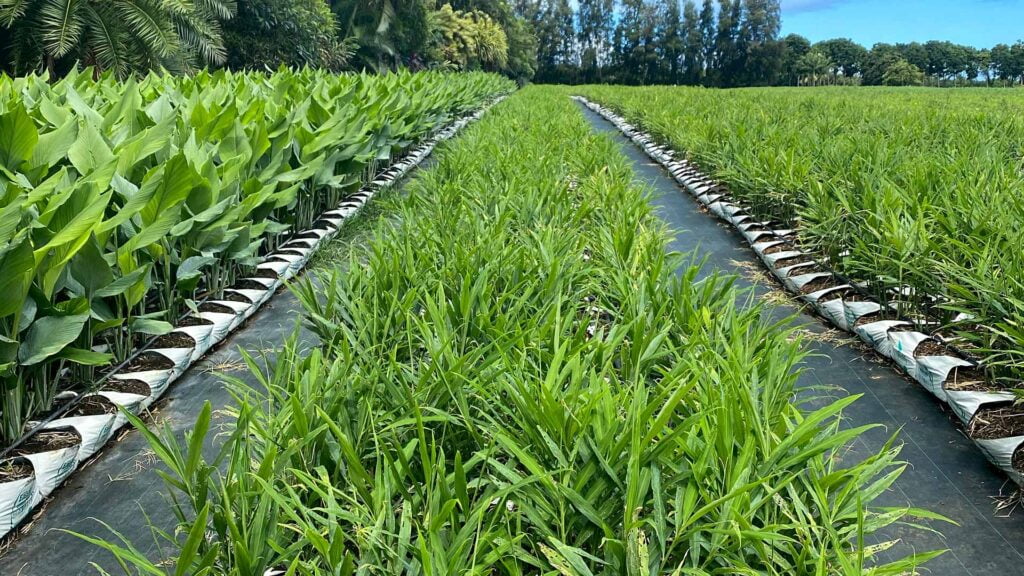Nigeria, with its vast arable land and favorable climate, holds significant potential in agriculture. Agro commodity trade and exportation have historically been vital to the country’s economy, predating the discovery of oil. With the renewed focus on diversifying the economy away from oil dependence, the importance of agriculture and agro commodities has been thrust back into the spotlight. This article delves into the economic impact of agro commodity trade and exportation in Nigeria, exploring its contributions to GDP, employment, foreign exchange earnings, and rural development.
Contributions to GDP
Agriculture remains a significant sector in Nigeria’s economy, contributing about 24% to the nation’s Gross Domestic Product (GDP). The trade and exportation of agro commodities such as cocoa, sesame seeds, cashew nuts, rubber, palm oil, and yams are pivotal to this contribution. These commodities generate substantial revenue, helping to stabilize the economy. For instance, cocoa alone contributes significantly to Nigeria’s agricultural GDP, being the fourth largest export earner after petroleum, gas, and chemicals.
Employment Generation
Agro commodity trade and exportation are labor-intensive activities, involving a large portion of the Nigerian population. From farming, harvesting, processing, and packaging to logistics and exportation, these activities create jobs across the value chain. The agriculture sector employs about 70% of Nigeria’s workforce, making it the largest employer of labor. This employment spans various demographics, including women and youth, thereby reducing unemployment and fostering inclusive growth.
Foreign Exchange Earnings
Agro commodity exportation is a crucial source of foreign exchange for Nigeria. Given the volatility of oil prices, agricultural exports provide a more stable and sustainable revenue stream. In 2020, Nigeria earned approximately $1.16 billion from non-oil exports, with agricultural products contributing a significant portion. Commodities like cocoa, sesame seeds, and cashew nuts are highly demanded in international markets, particularly in Europe, Asia, and the United States. The foreign exchange earned from these exports helps to stabilize the Naira, Nigeria’s currency, and supports the country’s balance of payments.
Rural Development
The agro commodity trade significantly impacts rural development in Nigeria. Most agricultural activities occur in rural areas, where infrastructure and economic opportunities are often limited. The demand for agro commodities stimulates rural economies by creating jobs and increasing incomes for farmers and local businesses. This, in turn, leads to improved living standards and contributes to the development of rural infrastructure, such as roads, schools, and healthcare facilities. Additionally, the presence of processing plants and export businesses in rural areas can lead to the development of local supply chains and industrial hubs.
Challenges in Agro Commodity Trade and Exportation
Despite its potential, the agro commodity trade in Nigeria faces several challenges that hinder its full economic impact. These include:
- Poor Infrastructure: Inadequate transportation, storage, and processing facilities lead to significant post-harvest losses and reduce the competitiveness of Nigerian agro commodities in international markets.
- Access to Finance: Smallholder farmers and agribusinesses often struggle to access affordable credit, limiting their ability to invest in improved farming practices and technologies.
- Regulatory and Policy Constraints: Inconsistent government policies, bureaucratic bottlenecks, and inadequate implementation of agricultural policies can hinder trade and export activities.
- Quality and Standards: Meeting international quality standards is a significant challenge for Nigerian agro commodities, often leading to rejection in foreign markets.
- Climate Change: Changes in weather patterns and increased frequency of extreme weather events negatively affect agricultural productivity.

Government Initiatives and Future Prospects
The Nigerian government, recognizing the importance of agriculture, has introduced various initiatives to boost agro commodity trade and exportation. These include:
- The Agricultural Promotion Policy (APP): Also known as the Green Alternative, this policy aims to diversify the economy, ensure food security, and boost exports by supporting value chain development.
- The Nigeria Incentive-Based Risk Sharing System for Agricultural Lending (NIRSAL): This initiative aims to de-risk agricultural lending, making it more attractive for financial institutions to provide credit to agribusinesses.
- Export Expansion Grant (EEG): This program provides incentives to exporters, helping to offset some of the costs associated with exporting.
The future prospects for agro commodity trade and exportation in Nigeria are promising. With continued investment in infrastructure, improved access to finance, and the implementation of supportive policies, Nigeria can fully leverage its agricultural potential. Embracing modern farming techniques, enhancing value addition through processing, and ensuring compliance with international standards will further boost the competitiveness of Nigerian agro commodities in the global market.
Conclusion
Agro commodity trade and exportation are critical to Nigeria’s economic diversification efforts. The sector’s contributions to GDP, employment generation, foreign exchange earnings, and rural development underscore its importance. While challenges remain, strategic government initiatives and investments can unlock the sector’s full potential, ensuring sustainable economic growth and development for Nigeria. By capitalizing on its agricultural strengths, Nigeria can pave the way for a more resilient and prosperous future.
Ajigofarms is a reliable global agricultural purchase sourcing with profound expertise in the manufacturing, and exportation of food crops. We are tested, and trusted suppliers of all kinds of cash crops and food crops. Our constant supply chain solution makes exporting easy, quick, and safe, we are identified with timeliness and meeting up with deadlines. Regardless of the region you are located in worldwide, you can reliably order your Agric products and be rest assured of successful delivery.




